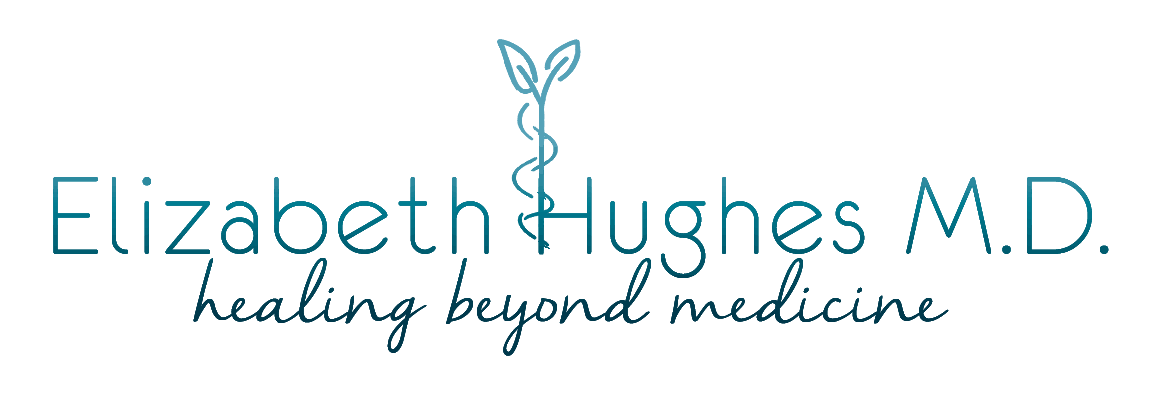What Doctors Miss When They Focus on What They Know

Two months ago, a dear friend tore his vastus lateralis, and both avulsed and tore his patellar tendon. In other words: his left knee was pretty messed up. My friend was told that if he didn’t have surgery, he had little chance of recovering normal knee function.
But my friend declined surgery. Instead he cultivated a deep meditative state and focused the power of intention to heal his knee. Twelve hours later, the effusion was gone, and now — two months later — he can walk, hike, climb rocks, practice yoga, and do anything else he wants. His left knee is normal. All without surgery.
A few weeks after the injury, the orthopedist (the same one who recommended surgery) told my friend, “You’re three months ahead of schedule. Without surgery. I don’t know what to tell you.”
Let me be clear: I’m not telling this story because I believe that everyone should refuse surgery and attempt to heal themselves. Surgery and other medical interventions do have a place. And I’m not doubting the expertise or good intentions of my friend’s orthopedist. I’m telling this story to highlight what the orthopedist missed by not asking my friend how his knee recovered.
One of the foibles of being in the “doctor role” is that it dictates that all the information flows from doctor to patient. If the doctor has nothing to tell a patient, his work is done. By not asking my friend what he did to heal his knee, the orthopedist missed chance to recognize something miraculous right in front of his eyes.
Doctors witness little marvels like my friend’s knee all the time. I’ve seen large skin cancers melt away between diagnosis and the day of surgery, life-long psoriasis clear, and chronic leg ulcers heal in ways which can’t be explained by the treatment I provided. For many years, I considered these spontaneous resolutions to be anomalies, not something which I could learn from or could be replicated. I blinded myself to the incredible power that each of us has to repair our bodies. I thought the only way to get better was my way, the way I learned in medical school. I never once asked the patient what they did or what they thought caused the improvement.
By turning off my curiosity, I missed a lot.
Each time we doctors ignore these examples of anomalous, spontaneous healing, we miss a chance to learn something about the body’s abilities and functions.
Next time you see a patient whose improvement — even if it’s something minor — defies medical explanation, pay attention. Turn on your curiosity. Ask yourself, “What’s going on here?” Ask your patient what he or she did to get better. And listen to the answers with the same focus and intention you did in your medical school lectures. Your patients have something to teach you.

